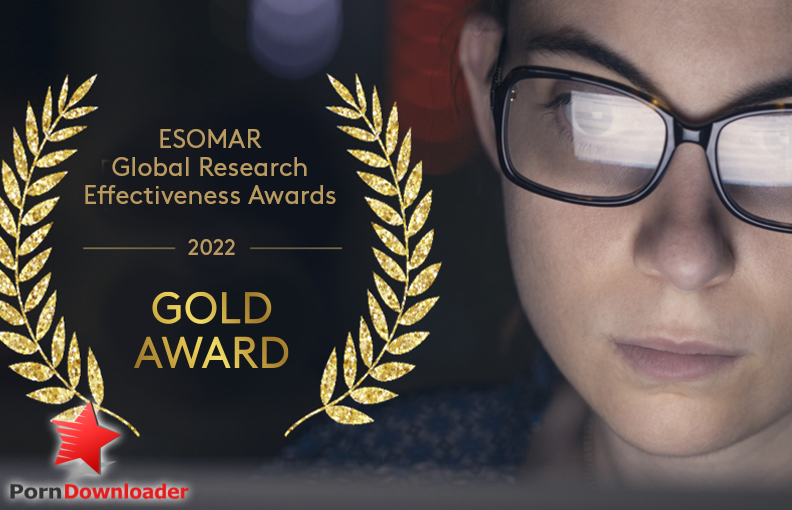Breaking the stigma: Addressing sex addiction as a medical condition
Sex addiction, also known as hypersexual disorder, is a condition characterized by compulsive and excessive sexual thoughts, behaviors, or fantasies that can have a detrimental impact on an individual’s life. Despite its prevalence and potential to cause significant distress, sex addiction continues to be stigmatized and misunderstood. In this article, we will shed light on the importance of recognizing sex addiction as a medical condition and the need to break the stigma surrounding it.
The Need for Understanding
What is sex addiction?
Sex addiction is a complex and multifaceted disorder that involves the compulsive pursuit of sexual activities, often resulting in negative consequences. Individuals with sex addiction may engage in excessive watching of pornography, frequenting sex workers, compulsive masturbation, or other forms of sexual behaviors that interfere with their daily functioning and relationships.
Is sex addiction a recognized medical condition?
Although sex addiction is not officially recognized as a mental health disorder in the Diagnostic and Statistical Manual of Mental Disorders (DSM-5), many experts and professionals in the field of psychology and psychiatry consider it a valid and treatable condition. Its absence from the DSM-5 does not diminish the real suffering experienced by individuals struggling with sex addiction.
Breaking the stigma
Sex addiction is often met with judgment, blame, and moral condemnation, which can hinder individuals from seeking the help they need. It is crucial to replace the stigma and shame associated with sex addiction with empathy, understanding, and evidence-based treatment approaches.
Raising awareness
By educating the public, healthcare providers, and policymakers about the existence and impact of sex addiction, we can foster a more supportive environment for those affected. This involves incorporating sex addiction into educational curricula, offering training to healthcare professionals, and promoting research on effective treatment modalities.
Challenging stereotypes
One of the main obstacles in addressing sex addiction as a medical condition is the perpetuation of harmful stereotypes. Rather than viewing individuals with sex addiction as morally bankrupt or lacking self-control, it is crucial to recognize that sex addiction is a complex neurobiological disorder that requires compassionate and evidence-based interventions.
Seeking Professional Help
Why is seeking professional help important?
Seeking professional help is essential because sex addiction can have severe consequences on an individual’s mental health, relationships, and overall well-being. Mental health professionals who specialize in sex addiction can provide diagnosis, therapy, and support for individuals and their loved ones.
What are the treatment options available?
The treatment for sex addiction often involves a multidimensional approach tailored to the individual’s unique needs. It may include individual therapy, group therapy, couples counseling, support groups, and medication management, if necessary. The goal of treatment is to help individuals regain control over their sexual behaviors and lead fulfilling lives.
Is recovery possible for individuals with sex addiction?
Yes, recovery is possible for individuals with sex addiction. With proper diagnosis, treatment, and support, individuals can learn coping mechanisms, develop healthier attitudes towards sex, and rebuild their relationships. The journey to recovery may be challenging, but with professional help and determination, individuals can overcome the grip of sex addiction and reclaim their lives.
Conclusion
Addressing sex addiction as a medical condition is imperative in breaking the stigma surrounding it. By acknowledging sex addiction as a complex disorder that necessitates understanding, support, and evidence-based treatment, we can create a safer and more compassionate environment for individuals struggling with this condition. Let us work towards promoting awareness, challenging stereotypes, and providing the necessary resources to help those affected by sex addiction on their path to recovery.
FAQs
1. Can anyone develop sex addiction?
Sex addiction can affect individuals of any gender, age, or background. It is not limited to a specific group of people.
2. How is sex addiction different from a high sex drive?
A high sex drive is a normal variation in sexual desire, while sex addiction involves an inability to control sexual thoughts and behaviors despite negative consequences.
3. Can sex addiction lead to legal problems?
Sex addiction can lead to risky behaviors such as engaging in illegal activities or soliciting prostitution, which can result in legal problems.
4. Is sex addiction treatable?
Yes, sex addiction is treatable. With appropriate therapy and support, individuals with sex addiction can achieve recovery and lead fulfilling lives.
5. Can medication help in the treatment of sex addiction?
Medication can be beneficial in managing underlying conditions such as anxiety or depression that may coexist with sex addiction. However, medication alone is not sufficient to address sex addiction; therapy and support are crucial components of treatment.


